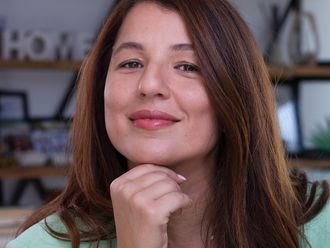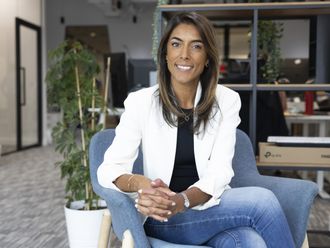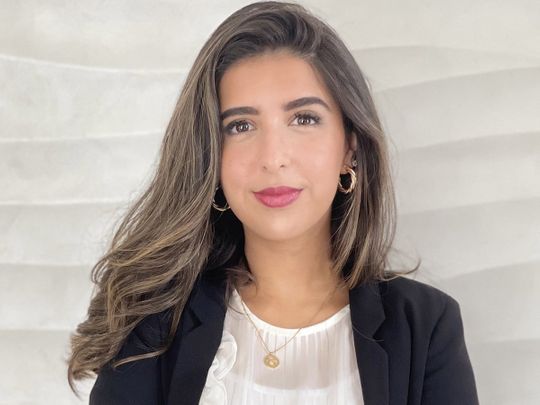
The proverb ‘penny wise and pound foolish’ was a common reminder in the household of Aria Ramsinghani when she founded a UAE-based vegan snack start-up ‘Kind Lyfe’, alongside her husband and his sister.
Being a gluten-free vegan herself, Ramsinghani only consumed preservative-free products, but tasty allergen-free snacks were a rarity for her. That was until she started baking treats at home with clean ingredients in 2019, and a year later her hobby launched into a family business.
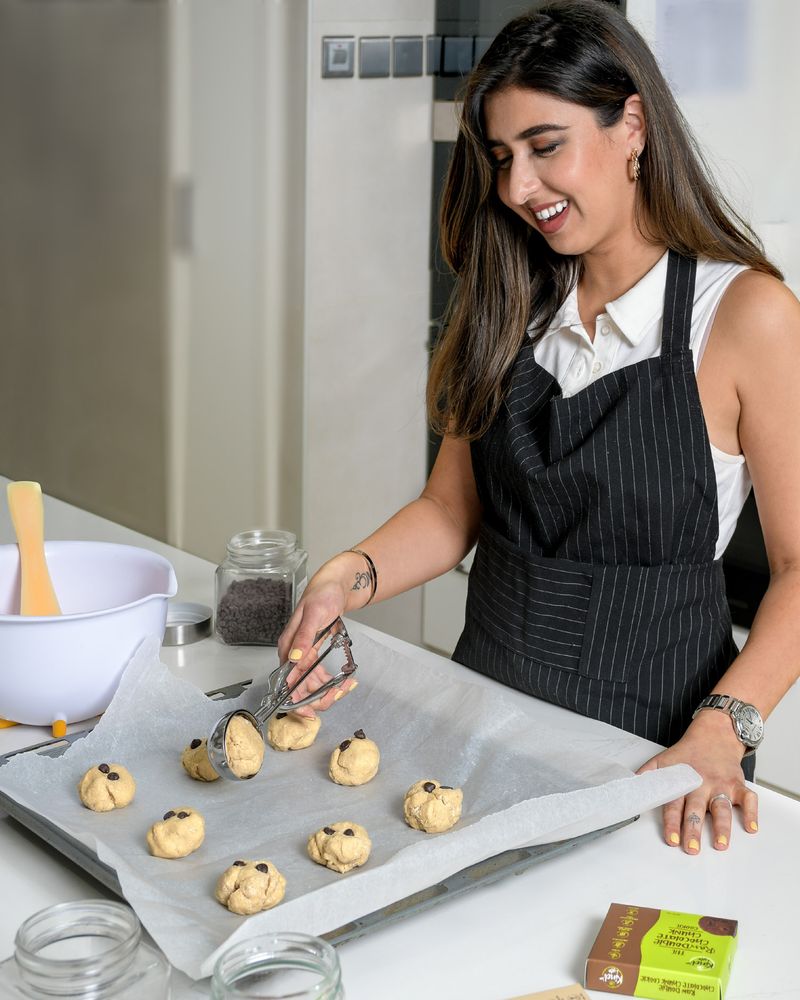
‘Kind Lyfe’ is a Sharjah-based family business that offers vegan, gluten-free, preservative-free, refined sugar-free, non-GMO snacks, with its products now sold across UAE supermarkets and online food retailers.
From baker to food entrepreneur
Ramsinghani revealed how the idea to launch a vegan snack brand stemmed from her needs and became her first step into entrepreneurship – a significant career move for her right after graduation.
“I started baking healthy snacks to meet my family needs, and I also shared them with relatives and friends. With the feedback we got, my husband Akshay and his sister Ruchika, who both have a background in the food and beverage industry, found the idea had potential to be a business.
“Their deeper understanding of the food and beverage business helped me convert my passion for cooking healthy into a business, which is my first venture after graduating,” she said.
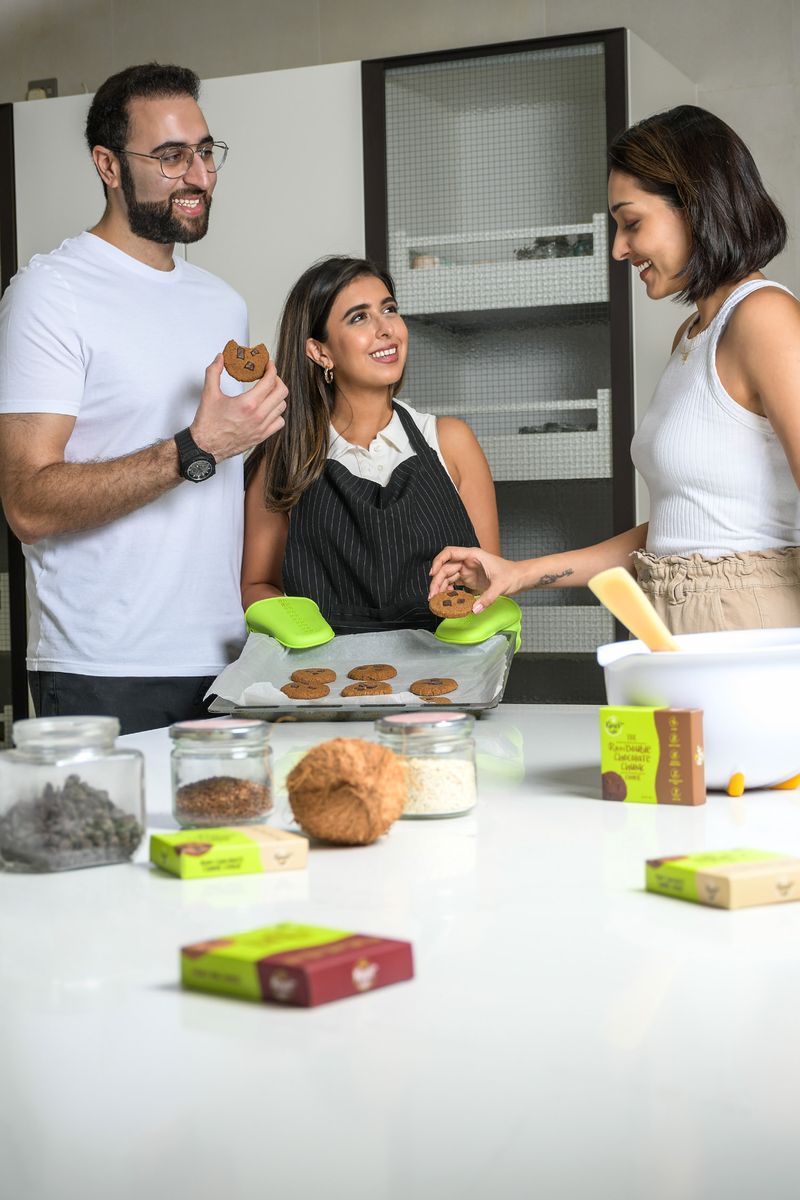
Tip #1: Don’t invest in products because they are cheap; buy them only if they offer any real value
Ramsinghani believes in researching before investing or buying anything small or big. It makes her confident that she has made the right decision.
She said, “I believe in quality over quantity when making purchases - personally and professionally. There is no point in investing in things because it is cheaper; I only invest when it offers real value. When some goods or services are of good quality and expensive, it will pay off in the long run.”
I believe in quality over quantity when making purchases - personally and professionally.
What’s saving-spending rule do you follow?
Ramsinghani follows the 60/40 rule to manage personal finances, which is spending 60 per cent of her monthly income, while the remaining 40 per cent is put towards saving and investing. “My parents had taught me that investments are a risk, but it is also a more considerable risk to not invest.”
Tip #2: Investments are a risk, but it is an even bigger risk not to invest
“Starting a health-conscious clean-label vegan brand was the most significant decision we had made as it required us to invest mainly in carefully sourcing our ingredients, as we don’t want to compromise quality.
“We had approached investors on the board of our family business group, with a pitch for the project of an allergen-free snacking brand. We got a great response since they saw a gap in the market.”
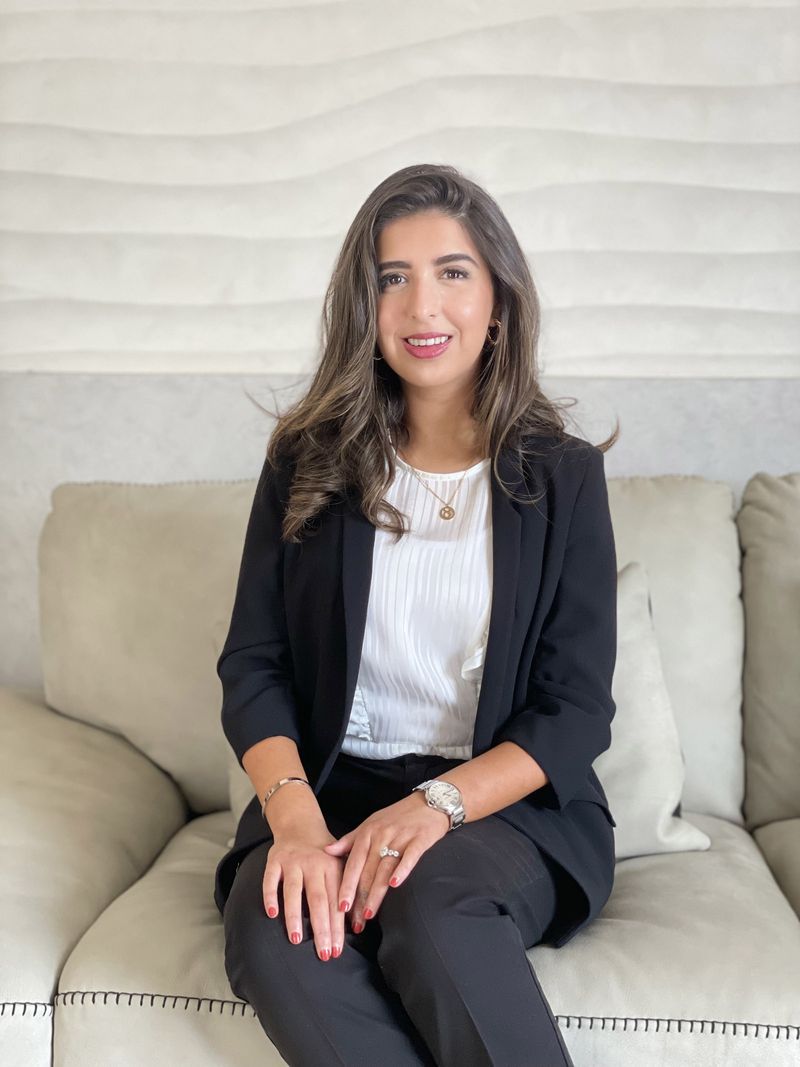
Can you walk us through the costs of starting a food and beverage business?
The fund that was required initially besides buying the ingredients were used on registration and trademark (Dh20,000), office space (Dh10,000 per month), and branding (Dh2,000 to Dh5,000), Ramsinghani explained.
“The other expenses were research and development, manufacturing the products, packaging costs based on the quality of the materials and designs, listing fees of approximately Dh5,000 to Dh10,000 per stock keeping unit (SKU) depending on the supermarkets.”
“We also had to pay for website creation and maintenance that involved purchasing a domain, setting up a payment gateway, setup cost with website developers, and maintaining the website with constant plugin updates etc., (which came to about Dh20,000).
“Our website budget is relatively small since we have a range of 10 SKUs. And paid for distribution - distributor margins are usually between 20 – 30 per cent,” she added.
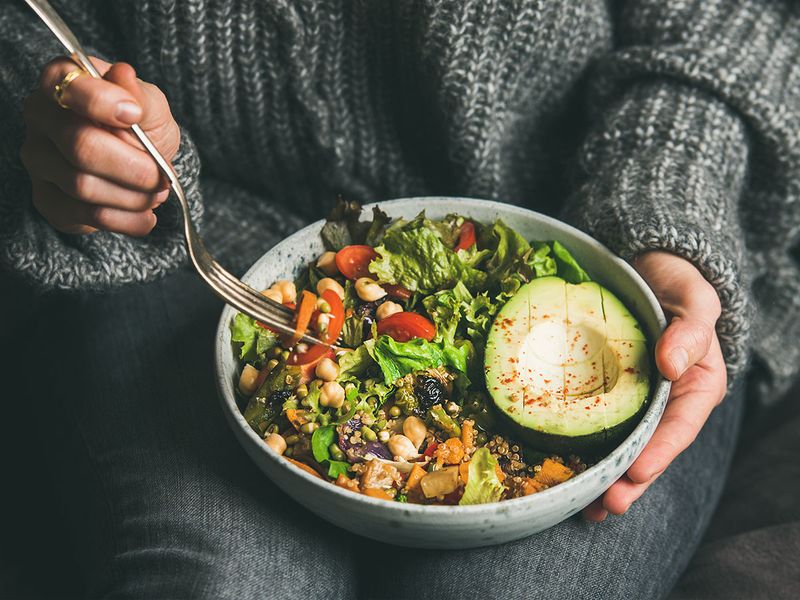
What are the challenges you faced when trying to competitively promote your brand?
Ramsinghani said building a brand was a real challenge and new for them. They wanted their brand to appeal to the customer through suitable packaging, but the initial choice had not provided the desired results.
“When we first launched the brand, the packaging we selected did not have bright colours. It looked great on its own, but we noticed it was not standing out on shelves, which hindered our sales. We rectified this by improving our packaging, adding the bright green colour, and immediately saw an improvement in sales.”
They also faced problems creating an e-commerce platform because of the technical challenges they encountered later. “We were not aware of the different platforms’ advantages and disadvantages such as javascript, woo commerce, Shopify, Magento etc,” Ramsinghani added.
When we first launched the brand, the packaging we selected did not have bright colours. It looked great on its own, but we noticed it was not standing out on shelves, which hindered our sales.
Tip #3: Know what platforms to invest in to build your brand among competitors
Ramsinghani initially went with a custom platform that slowed their business’ website down and negatively affected customer experience. This led us to switch to Shopify, which was faster and offered a great customer experience, increasing our overall sales.
“What has helped us succeed so far is learning and growing from all of these mistakes,” she added.
Ramsinghani said working with realistic timelines is essential to ensure the smooth running of the business. They faced several bumps in the first few months of launch as they failed to consider delays and mishaps.
“Coming from a business entrepreneurs family background, we have learned that no matter what business we choose to start or how much we invest in a business, it is all about return on your investment.”
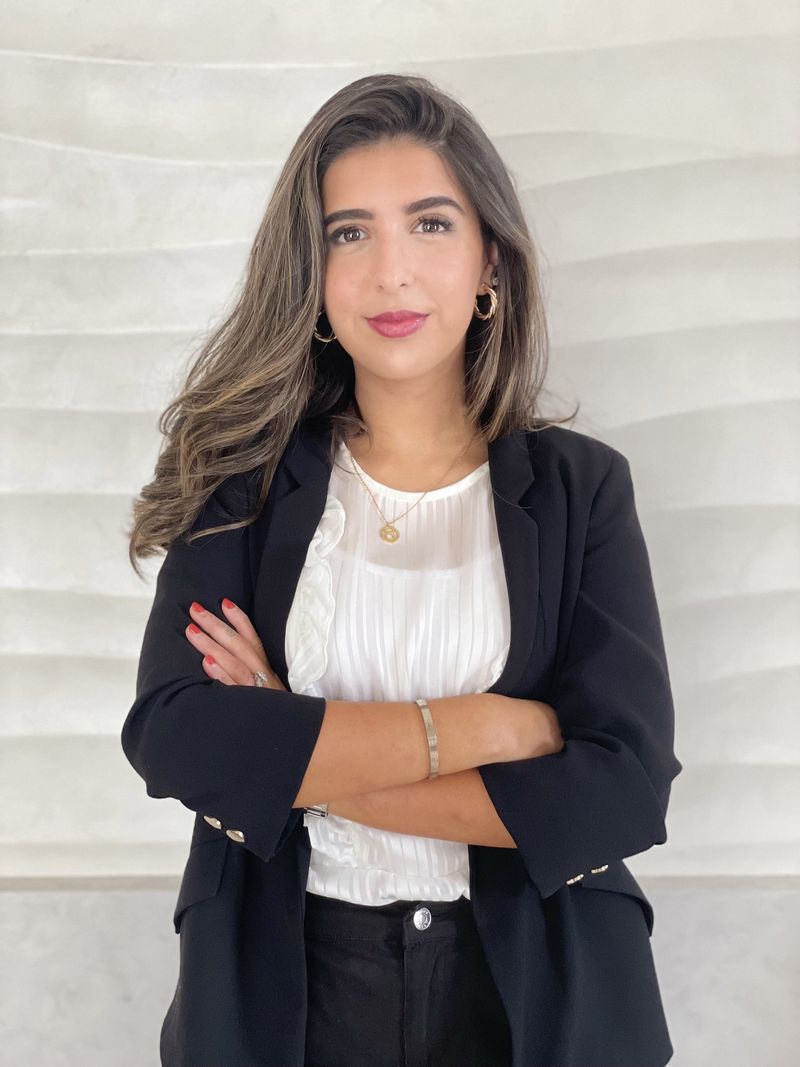
Tip #4: Don’t hesitate to cut your losses if a business model isn’t working
“We learned to cut our losses if something is not working for us. Our families have always advised us not to get emotionally attached to the business. This helped us make better decisions by separating personal opinions and feelings from what logically needs to be done.
“For example, if a particular SKU isn’t performing well enough, regardless of how much we love it, we would be willing to cut our losses in the long run by discontinuing it - irrespective of how much time and money was invested.”
Ramsinghani said when starting a business, you almost have to accept that you will make mistakes, which might be costly. “We see them from an investment point of view; the lessons we learn are valuable that potentially helps in not making more extensive and costly mistakes in the future.”

